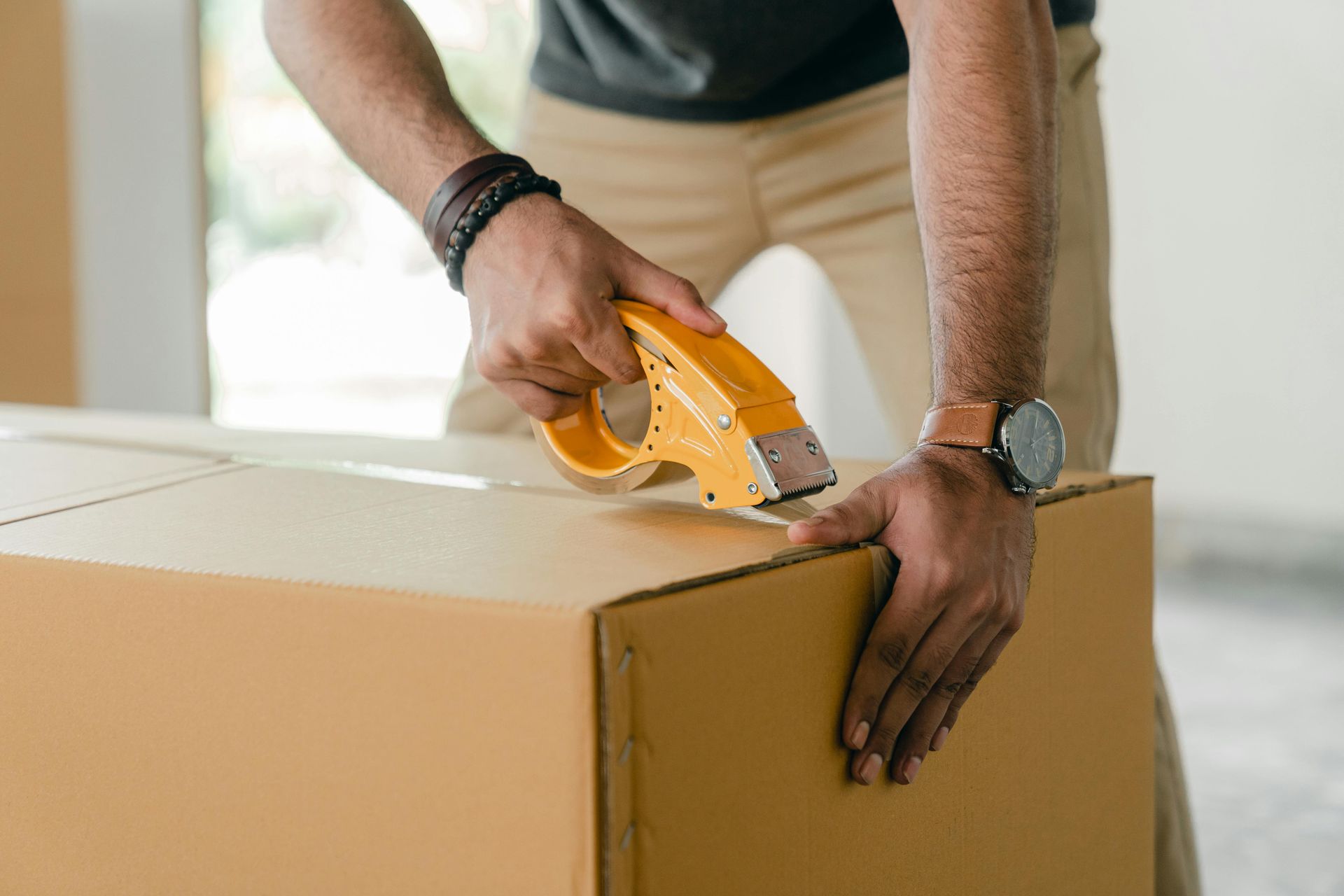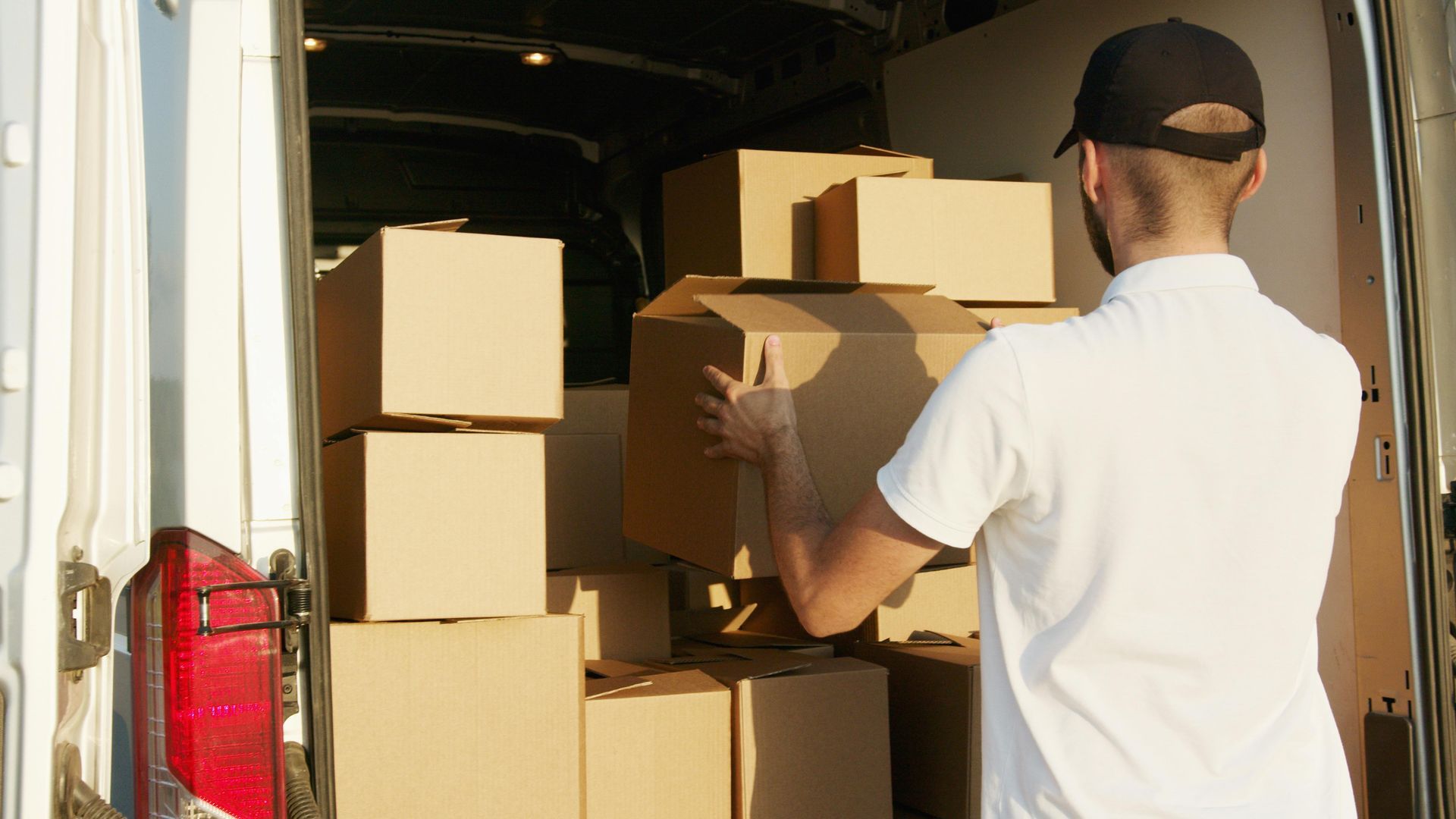Navigating the Journey: Moving During Pregnancy
Relocating to a new home can be a thrilling yet overwhelming process. When you are expecting a baby, this process can seem even more challenging. However, with adequate planning and care—and the right support, such as from R&R Relocation—moving during pregnancy can be a safe and manageable task. This comprehensive guide will delve into crucial precautions and considerations for expectant mothers who are relocating, ensuring you remain safe, healthy, and comfortable throughout your moving journey.
Understanding the Risks and Preparing Accordingly
Moving involves physical labor, emotional stress, and a change in routine—all of which can potentially impact the health and well-being of expectant mothers. Recognizing these risks is the first step towards managing them effectively.
Physical Exertion
Pregnancy alters your body's center of gravity, making it harder to maintain balance. Lifting heavy objects can strain your back and increase the risk of falls, making it a risky endeavor during pregnancy. Consider relying on R&R Relocation to handle the heavy lifting for you.
Emotional Stress
The process of moving can be emotionally taxing, leading to heightened stress levels. Chronic stress during pregnancy can lead to complications like preterm birth and low birth weight.
Change in Routine
Moving disrupts your daily routine, which may affect your eating and sleeping patterns, potentially impacting your health and that of your unborn baby.
Planning the Move: The Key to a Stress-Free Transition
Minimizing the risks associated with moving starts with meticulous planning. Here are some tips:
Consult Your Healthcare Provider
Before you plan your move, consult with your healthcare provider. They can provide valuable advice based on your health status, pregnancy stage, and personal circumstances.
Time Your Move
If possible, schedule your move during the second trimester. Morning sickness usually subsides during this period, and the fatigue and discomfort of the third trimester haven't set in yet.
Relying on Help: Sharing the Load
Avoid lifting heavy items during pregnancy. Seek help from professional movers like R&R Relocation or enlist friends and family members to assist with packing and lifting. Remember, your priority is to safeguard your health and that of your baby.
Staying Hydrated and Rested: The Cornerstones of Health
Ensure you drink plenty of fluids and rest adequately during the moving process. Dehydration can lead to serious complications like preterm labor, so always have a water bottle at hand.
Packing an Essentials Bag: Your Personal Survival Kit
Prepare an essentials bag with items you'll need immediately after the move. Pack toiletries, snacks, a change of clothes, and necessary medications. Having these items readily available will save you from rummaging through boxes after a tiring day.
Continuing Prenatal Care: Ensuring Your Baby's Well-being
Amidst the chaos of moving, never neglect your prenatal care. Keep up with your regular check-ups and ensure your new location has access to necessary medical facilities. If you're moving far, find a new healthcare provider ahead of time.
Prioritizing Comfort: Because You Deserve It
Ensure your comfort during the move. Wear comfortable clothing and shoes, and avoid standing or sitting for prolonged periods. Take regular breaks to prevent swelling in your feet and legs.
Relocating during pregnancy might sound daunting, but with careful planning and consideration, you can ensure a smooth transition. With the expert services of R&R Relocation, you can focus on taking care of yourself and your baby while the heavy lifting is managed for you. Remember, your health and your baby's health are paramount. Don't hesitate to seek help when needed, and most importantly, take good care of yourself. Here's wishing you a safe and happy moving experience!
Note: We are not experts in pregnancy. These are general tips meant to help, and we recommend consulting with healthcare professionals for specific advice.











